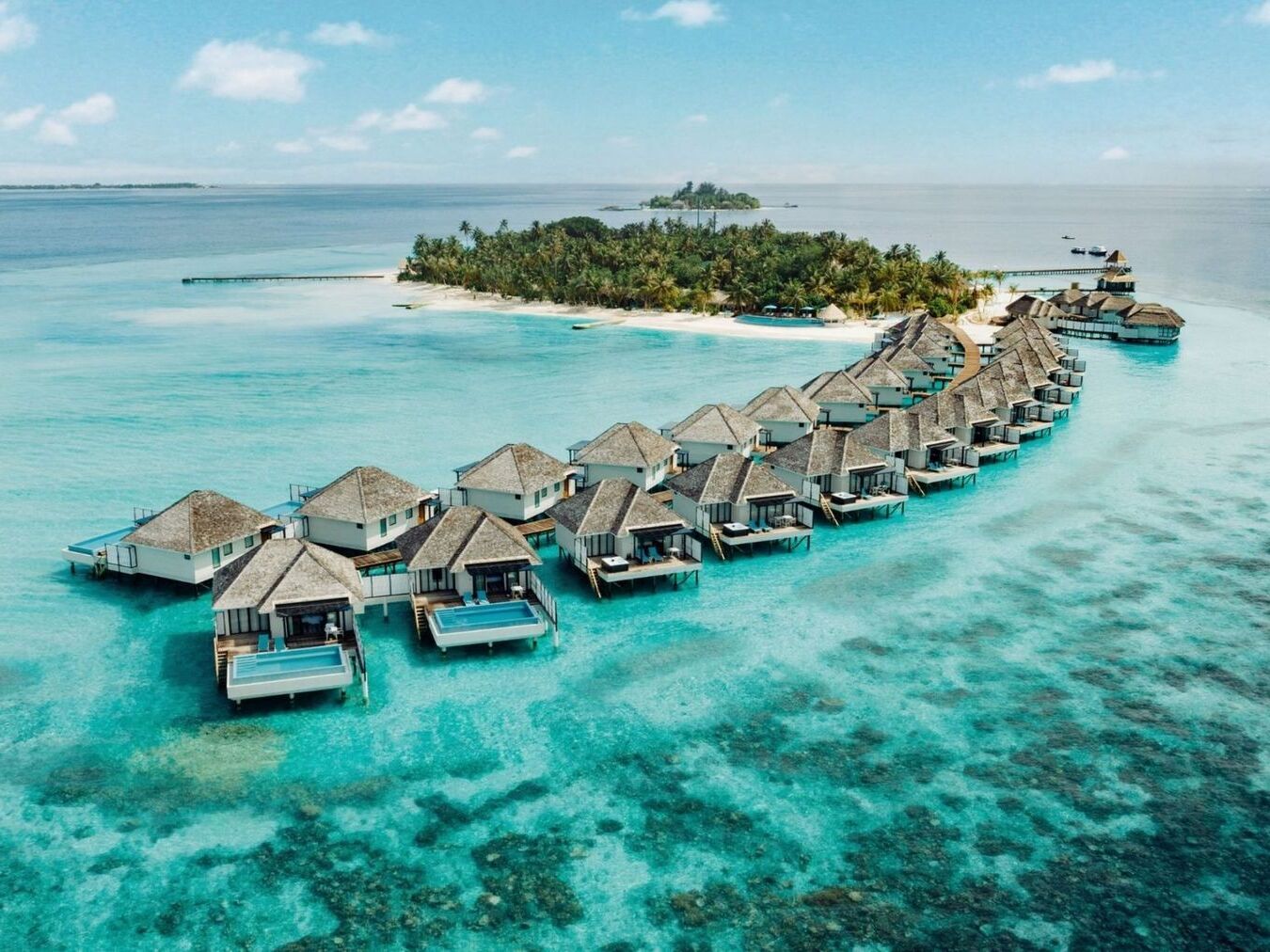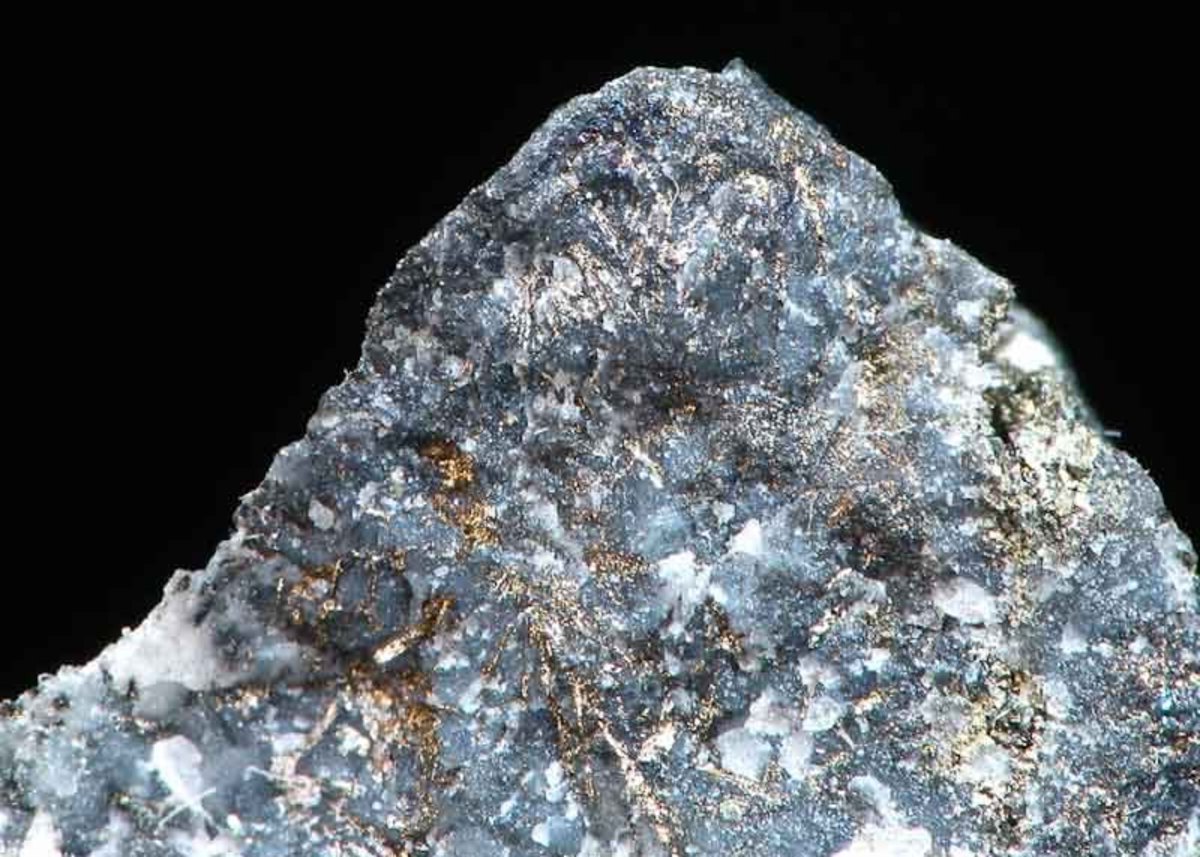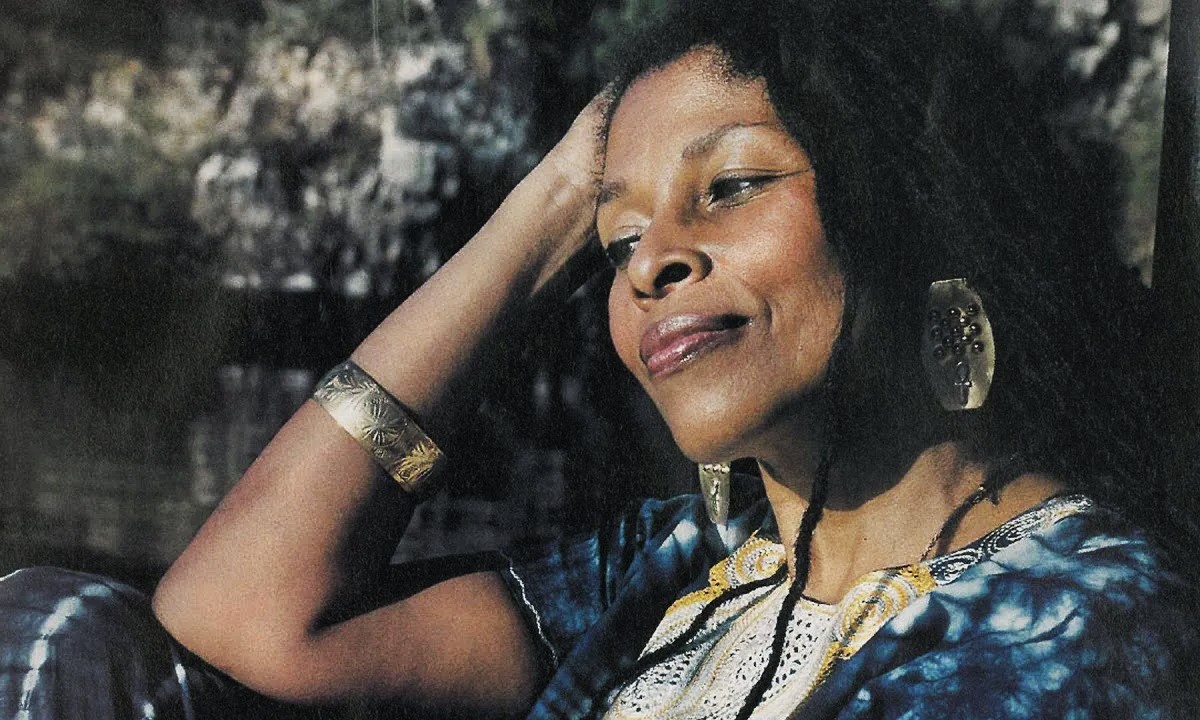
Why is the Maldives a top destination for travelers? The Maldives, a tropical paradise in the Indian Ocean, is famous for its stunning natural beauty, rich culture, and luxurious resorts. With 26 atolls and over 1,000 coral islands, this island nation offers crystal-clear waters, pristine white-sand beaches, and vibrant marine life. Tourism drives the economy, contributing over 30% to the GDP. Visitors can enjoy activities like diving, snorkeling, and fishing, while also experiencing traditional Maldivian music, dance, and cuisine. The Maldives is committed to sustainable tourism and marine conservation, ensuring its natural wonders remain protected for future generations.
Key Takeaways:
- The Maldives, located in the Indian Ocean, is a tropical paradise with stunning beaches, vibrant marine life, and a rich cultural heritage influenced by Buddhist and Islamic traditions.
- With over 90% of its land area covered by coral reefs, the Maldives is a top destination for sustainable tourism, adventure activities, and wildlife sightings, while facing environmental challenges such as coral bleaching and rising sea levels.
Location and Geography
The Maldives is a tropical paradise known for its stunning natural beauty. Let's explore some fascinating facts about its location and geography.
- The Maldives is situated in the Indian Ocean, southwest of India and Sri Lanka.
- It consists of 26 atolls, which are ring-shaped coral reefs surrounding a lagoon.
- These atolls are divided into 20 administrative divisions.
- The capital city of the Maldives is Malé.
Population and Demographics
Understanding the people and culture of the Maldives adds depth to its charm. Here are some key demographic facts.
- As of 2023, the population of the Maldives is approximately 540,000 people.
- The majority of the population practices Sunni Islam.
- The official language is Dhivehi, but English is widely spoken, especially in tourist areas.
History
The Maldives has a rich and diverse history that spans over two millennia. Here are some historical highlights.
- The islands were first inhabited by Buddhist fishermen and sailors over 2,000 years ago.
- Islam was introduced to the Maldives in the 12th century and has remained the dominant religion ever since.
Economy
The Maldives' economy is heavily influenced by its natural resources and tourism. Let's look at some economic facts.
- Tourism accounts for over 30% of the country's GDP.
- Fishing and agriculture also play significant roles in the economy.
Climate
The Maldives enjoys a tropical monsoon climate, making it a year-round destination. Here are some climate-related facts.
- The Maldives experiences high temperatures and humidity levels throughout the year.
- There are two main seasons: the dry season from December to April and the wet season from May to November.
Coral Reefs and Marine Life
The Maldives is renowned for its vibrant marine ecosystems. Here are some fascinating facts about its coral reefs and marine life.
- Coral reefs cover over 90% of the Maldives' land area.
- These reefs support an incredible array of marine life, including manta rays, whale sharks, and sea turtles.
- The Maldives is home to over 2,000 species of fish.
Beaches and Resorts
The Maldives is famous for its pristine beaches and luxurious resorts. Let's explore some facts about these attractions.
- The beaches are known for their white sand and crystal-clear waters.
- Many luxury resorts are located on private islands.
- These resorts offer a range of activities such as diving, fishing, and spa treatments.
Diving and Snorkeling
The Maldives is a paradise for underwater enthusiasts. Here are some facts about diving and snorkeling in the Maldives.
- The crystal-clear waters offer an unparalleled opportunity to see marine life up close.
- Popular diving spots include colorful coral formations and encounters with sharks and rays.
Conservation Efforts
The Maldives is committed to preserving its natural beauty. Here are some conservation efforts in place.
- The government has established several marine protected areas.
- These areas aim to protect coral reefs and marine life from overfishing and pollution.
Cultural Heritage
The Maldives has a rich cultural heritage influenced by both Buddhist and Islamic traditions. Here are some cultural highlights.
- The country is famous for its intricate wooden carvings and colorful textiles.
- Traditional music and dance, such as the bodu beru, are integral parts of Maldivian culture.
Language and Education
Language and education are crucial aspects of Maldivian society. Here are some key facts.
- The official language is Dhivehi.
- English is widely spoken in tourist areas and used in business and education.
- The Maldives has a well-developed education system, with both public and private schools.
Healthcare
The Maldives provides modern healthcare services to its residents and visitors. Here are some healthcare-related facts.
- The country has several modern hospitals and medical facilities.
- The average life expectancy in the Maldives is over 75 years.
Food and Cuisine
Maldivian cuisine is a delightful blend of flavors. Here are some popular dishes and culinary facts.
- Mas huni is a breakfast dish made from tuna, coconut, and onions.
- Bambukeylu is a curry made from bamboo shoots.
- Garudhiya is a traditional fish soup.
Traditional Dress and Festivals
Traditional dress and festivals are important aspects of Maldivian culture. Here are some interesting facts.
- The traditional dress is the sarong, worn by both men and women.
- The Maldives celebrates several festivals, including Eid al-Fitr, Eid al-Adha, and National Day.
Sustainable Tourism
The Maldives is committed to sustainable tourism practices. Here are some initiatives in place.
- Many resorts have implemented eco-friendly initiatives such as solar power and recycling programs.
- The Maldives promotes sustainable fishing practices to ensure the long-term health of its fisheries.
Adventure Activities
The Maldives offers a range of adventure activities for thrill-seekers. Here are some popular options.
- Snorkeling and diving are top activities due to the clear waters and abundant marine life.
- Other water sports include kayaking, paddleboarding, and jet-skiing.
Wildlife Sightings
The Maldives is a hotspot for wildlife enthusiasts. Here are some exciting wildlife facts.
- The Maldives is one of the best places in the world to see whale sharks.
- Manta rays can be seen gliding through the ocean during their annual migrations.
- The Maldives is home to several species of sea turtles, including the green turtle and the hawksbill turtle.
Environmental Challenges
The Maldives faces several environmental challenges. Here are some key issues.
- Coral bleaching is a significant threat to the Maldives' coral reefs.
- Rising sea levels due to climate change pose a threat to the very existence of the country.
Renewable Energy and Waste Management
The Maldives is taking steps to address environmental challenges. Here are some initiatives.
- Many resorts have switched to solar power to reduce reliance on fossil fuels.
- The country has implemented recycling programs and composting facilities to manage waste.
Historical Sites and Local Crafts
The Maldives has a rich history and vibrant local crafts scene. Here are some highlights.
- The Grand Friday Mosque in Malé is a must-visit historical site.
- Visitors can purchase traditional items such as wooden carvings and textiles from local markets.
Community Engagement and Future Development
Community engagement and sustainable development are priorities in the Maldives. Here are some initiatives and future plans.
- Many resorts engage with local communities through beach cleanups and educational programs.
- The government aims to balance economic growth with environmental protection and social welfare.
The Maldives: A Tropical Paradise
The Maldives is a stunning destination with its crystal-clear waters, pristine beaches, and vibrant marine life. This island nation offers a unique blend of natural beauty, rich culture, and exciting activities. From its luxury resorts and fine dining to its traditional music and dance, there's something for everyone. The country's commitment to sustainable tourism and marine conservation ensures that its natural wonders remain protected for future generations. Whether you're diving with manta rays, relaxing in a private villa, or exploring local markets, the Maldives promises an unforgettable experience. With its tropical climate, extensive coral reefs, and diverse marine life, it's no wonder the Maldives is a top choice for travelers worldwide. So, pack your bags and get ready to explore this enchanting paradise!
Frequently Asked Questions
Was this page helpful?
Our commitment to delivering trustworthy and engaging content is at the heart of what we do. Each fact on our site is contributed by real users like you, bringing a wealth of diverse insights and information. To ensure the highest standards of accuracy and reliability, our dedicated editors meticulously review each submission. This process guarantees that the facts we share are not only fascinating but also credible. Trust in our commitment to quality and authenticity as you explore and learn with us.


